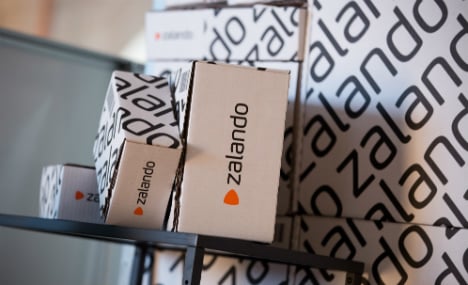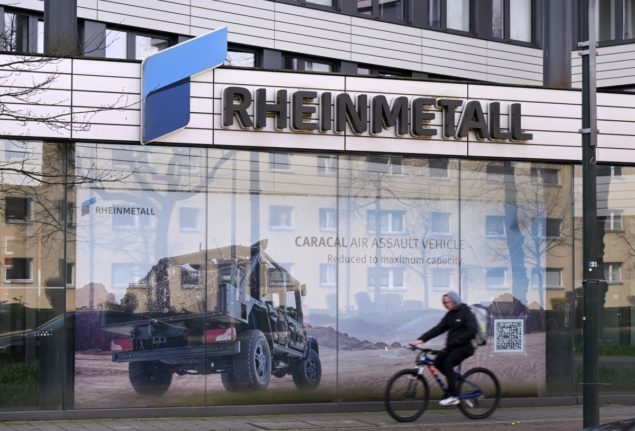“We have decided to start a program that will remove several hundred overhead roles across many of our teams,” co-chief executives David Schneider and Robert Gentz said in a letter to staff.
The Berlin-based company, which operates in 25 European countries, currently has a workforce of around 17,000 people.
Zalando benefitted from a boom in e-commerce during the coronavirus pandemic, when lockdowns prompted customers to do more online shopping.
But those “strong pandemic tailwinds” have faded since 2022, Zalando said, “and the macroeconomic environment has become more challenging” as high inflation sees customers cutting back on spending.
At times, the company “expanded too much”, the co-CEOs added.
Zalando needs to be “a big company with a small company structure and mindset,” they said, one that “embraces simplicity, pragmatism and frugality”.
Details of the jobs cull are still being worked out, they added, but would include senior-level positions.
Jobs in customer care, logistics centres and at the company’s outlet stores would not be affected.
Founded as a Berlin start-up in 2008, Zalando quickly rose to become Europe’s leading online fashion and lifestyle retailer.
But the company was forced to issue a profit warning last June after drastically downgrading its full-year earnings forecasts.
The group is due to announce its 2022 results next month.
Revenues are forecast to stay roughly unchanged at 10.4 to 10.7 billion euros ($11.0-11.4 billion), while pre-tax profits of 180-260 million euros are expected, significantly below the previous year’s 468 million euros.
The Zalando job cuts are the latest in a wave of layoffs in the global tech industry, as the once unassailable sector girds for a downturn.
German software giant SAP said last month it would slash around 3,000 jobs this year, following similar announcements by the likes of Meta, Amazon, Google and Microsoft.



 Please whitelist us to continue reading.
Please whitelist us to continue reading.
Member comments